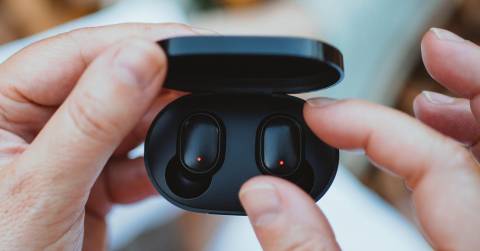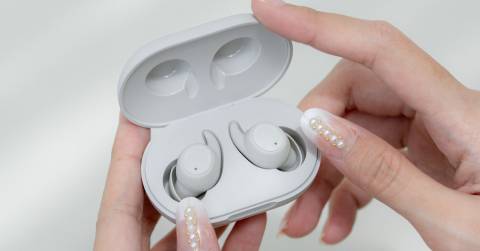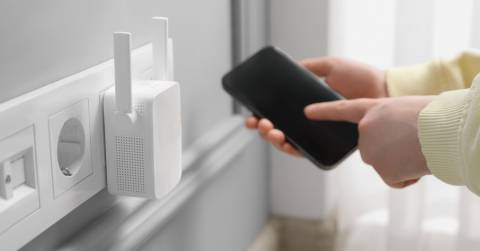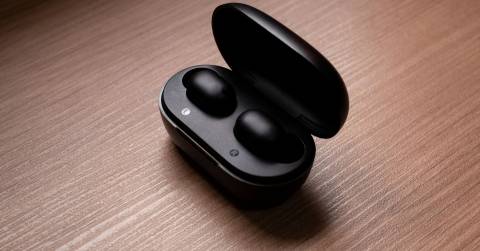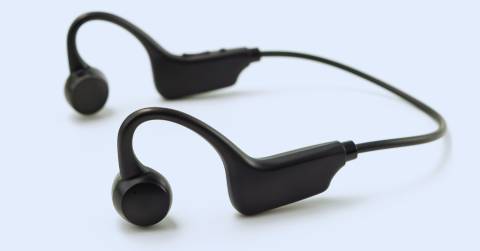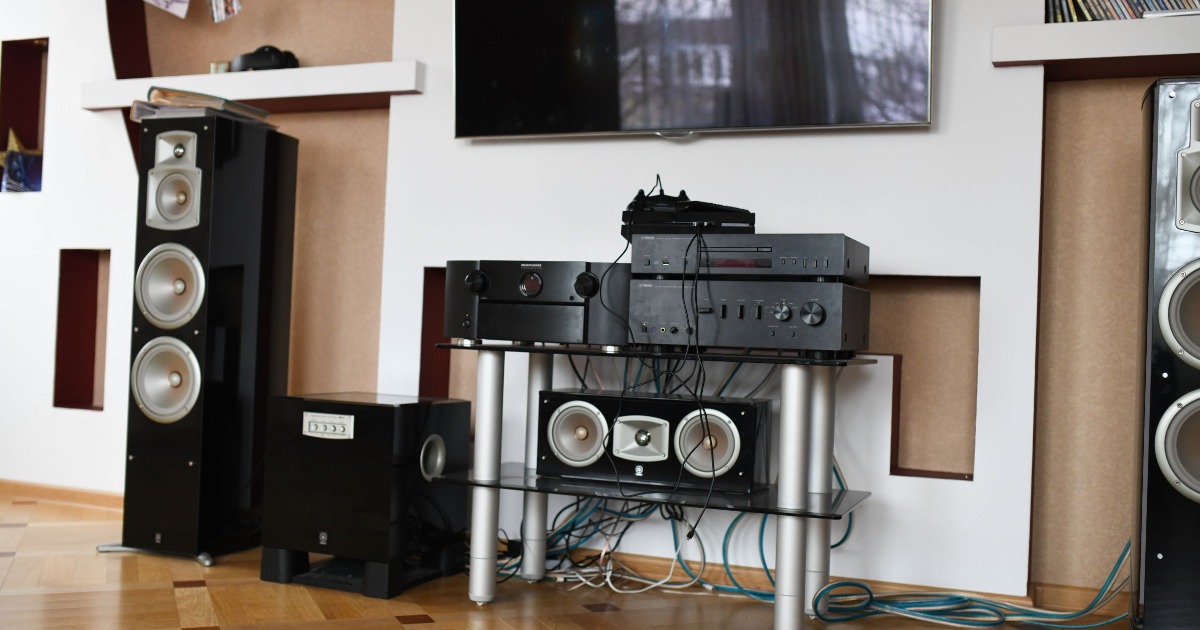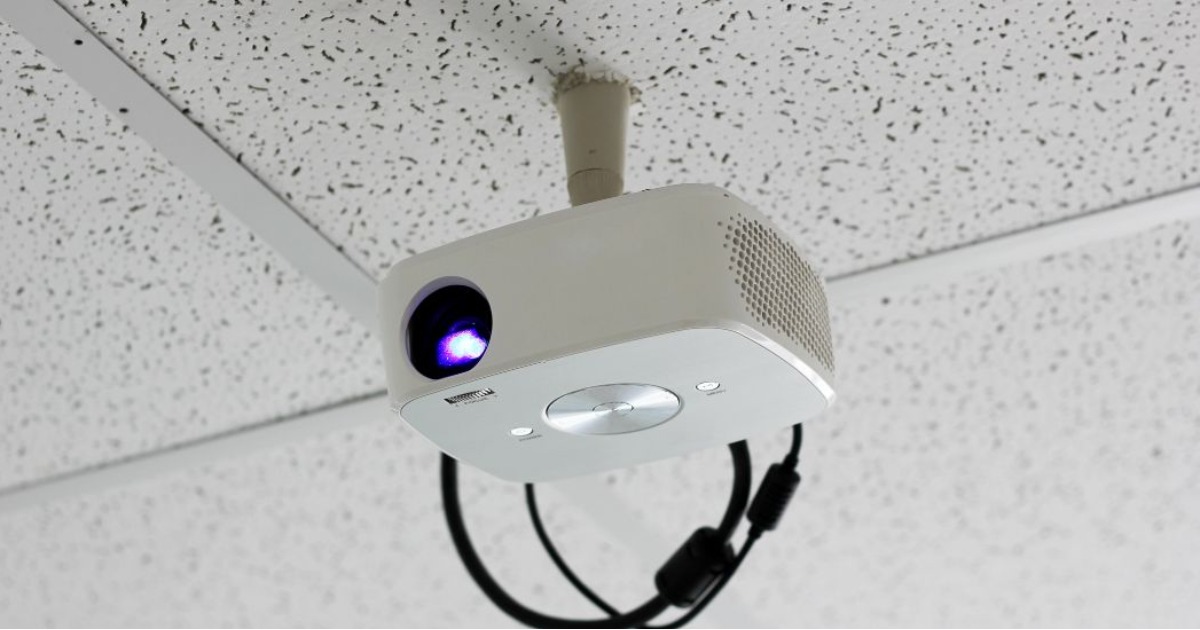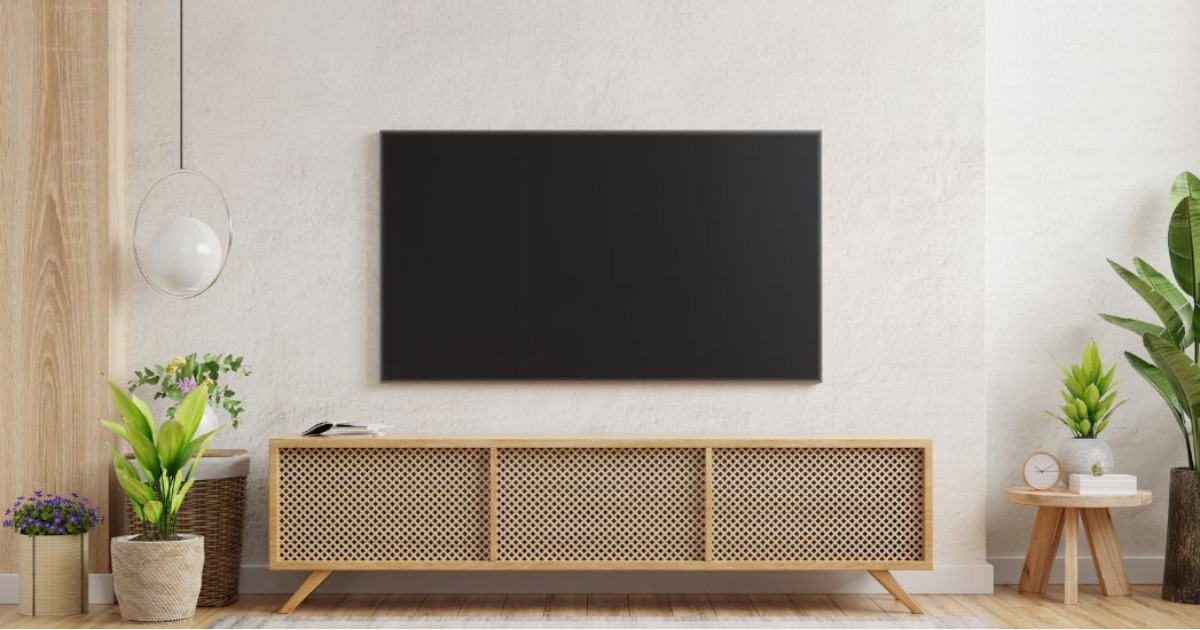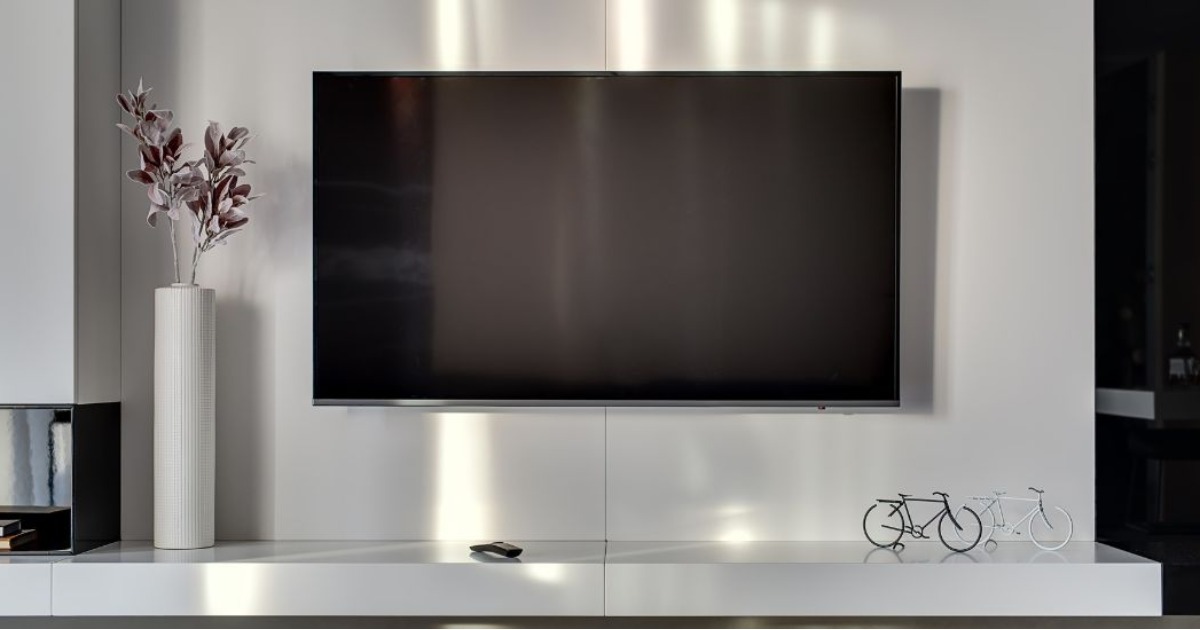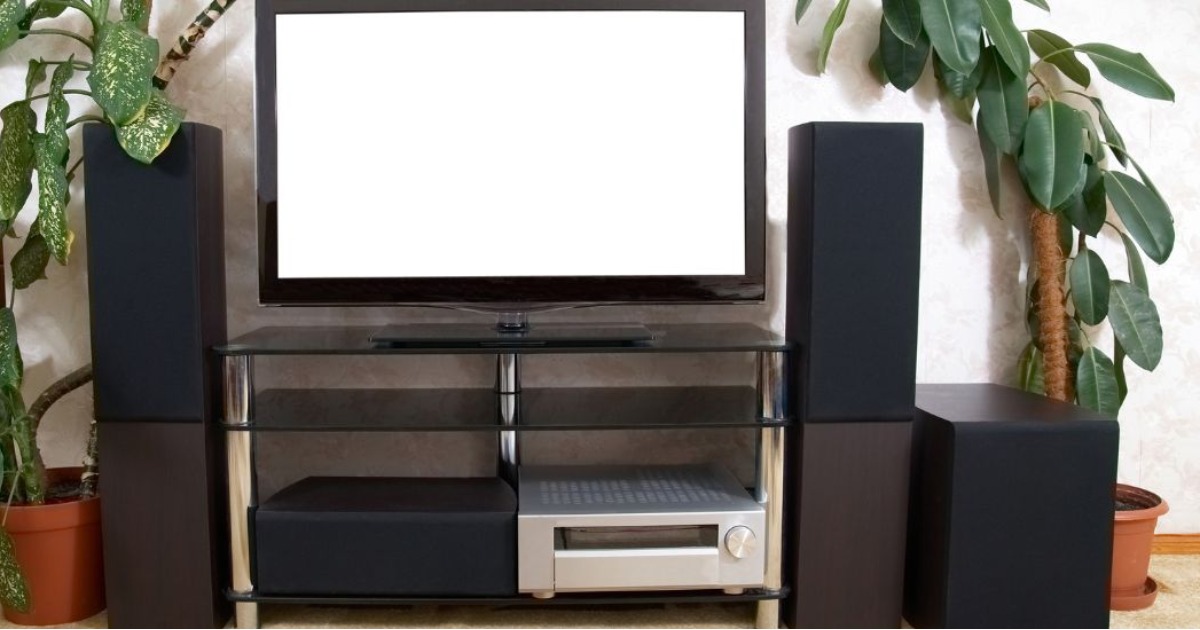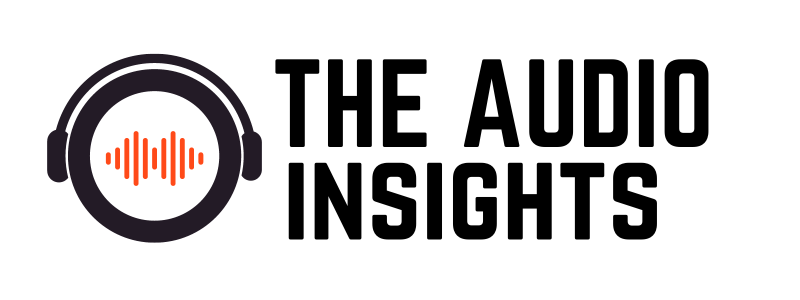The 10 Best Small Mixers Of 2025, Tested By Our Experts

The Rundown
1. Best Overall: YAMAHA MG06X 6-Input
Apply this philosophy of transparent sound; this mixing console delivers a level of sonic purity and quality unmatched in its class. Read Review
2. Best For The Price: Behringer Xenyx 802 Premium 8-Input
Simple sound calls for the XENYX 802, the great BEHRINGER mixer with everything you need to create an excellent acoustic space. Read Review
3. Best Audio Quality: Mackie Mix Series, 5-Channel
The Mix series compact mixers have dependable ruggedness, with the proven quality you expect from Mackie, the world leader in compact mixer design. Read Review
4. Best Flexibility: Mackie Mix8 8-Channel
Mix8 has a simple design. The channel configuration is two microphone channel strips and two line-level stereo channel strips. Read Review
An audio mixer, sometimes called a recording console, is a piece of equipment that operates in several environments. It is used in recording studios and at live concerts. But also in broadcasting audio via TV and or movies. Whatever its place of work, its job is straightforward to receive an audio signal, process it, and then monitor the output.
However, finding a suitable mixer for your audio needs can be difficult. Of course, you want something movable, so size is often a deciding factor. Additionally, you'll want to consider what you're looking for in a mixer regarding quality, available connection types, functionality, and the number of channels.
Each of these factors will play an essential role in helping you arrive at a decision that can get overwhelmingly quickly. We have compiled a list of the Best small mixers available.
RELATED: Discover the amp and mixer combo for your next performance or recording session. From all-in-one solutions to multi-channel effects, find the perfect setup for your sound.
Our Top Picks
Allow handling signals from any audio source. Provides high sound quality condenser microphones. Offers high-quality silicon wafers Let you take full advantage of the more excellent frequency response.
The signal is a bit hard to reach.
The MG series mixing consoles feature Yamaha's discrete, studio-grade Class A discrete D-PRE preamplifiers, using an inverted Darlington circuit consisting of two cascaded transistors in a configuration that delivers more power with less impedance lower. This product provides rich bass, natural sound, and smooth, soaring highs with very low distortion,
Pprovide transparent, crystal-clear performance Provides sweet forgiveness and superb audio quality. Allow you to imbue signals with incredible warmth and detailed musical character. It is a high headroom analog mixer.
You cannot play audio to your headphones when using a USB connection.
The ultra-compact XENYX 802 mixer's eight inputs (2 mics, two stereos + Aux Returns) let you quickly achieve high-quality sound, thanks to 2 virtual-assisted XENYX microphone amplifiers and ultrasonic EQ channels music "British."
XENYX preamps deliver an incredible 130 dB dynamic range, with bandwidth extending from less than 10 Hz to above 200 kHz.
It has a 5channel compact mixer. Provides studio-level audio quality You can record 2band EQ with clean, precise tone shaping Equipped with Phantom power for studio condenser mics.
It is unusable for the condenser mikes.
With Mackie preamps and proven low-noise, high-chamber design, Series Mix mixers sound great and maintain sound quality from any source. Plus, with their sturdy metal frames and high-quality components throughout, they're a solid investment in reliability. An incredible value, the Mix delivers the simple feature set, ease of use, and sound quality you need in durable designs built to last.
It has low noise performance. Provides suitable 48V phantom power globally switched via a switch in the Main Output section. This device is very flexible This product is a reliable analog mixer.
It has a noise tone that is almost as loud as the voice.
The eight-channel count is achieved through a mono-out stereo back-in, including a dedicated post transponder that sends on all four bands and a dedicated Auxiliary Main return.
All channels include a tri-band EQ, with the highest band in the middle. Input gain is only available on the two microphone inputs, but all four channel ranges have overload LEDs.
Provides the state-of-the-art tools Gives stunning, professional-quality Offers premium ultra-low noise, high headroom analog mixer It can control LED for professional vocal and instrumental sound
It runs so hot underneath.
The compact Q1202USB mixer lets you quickly achieve high-quality sound, thanks to 4 built-in studio-grade XENYX Mic preamps and a "British" super musical channel EQ. And our easy-to-use "one-knob" compressors provide total dynamic control for superb sound and clarity while respecting all the power and emotion you put into every note.
Comes with Bluetooth technology Allows to wirelessly stream music tunes from iPad, iPhone, and Android phones It is equipped with sealed rotary controls that help resist dust and grime You can easily play/pause, skip tracks, and switch between modes
The device may not be level on the tabletop.
This device has Bluetooth wireless streaming. The hassle and cable-free audio streaming ability directly to the console unit. This audio mixer can wirelessly stream music tunes from iPhone,iPad, and Android Smart Phone with mixing board from Spotify or Pandora.
This compact DJ Mixer will provide total dynamic control with sealed rotary controls to resist dust and grime.
It mixes directly to your Mac or PC Provides four input channels, all of which can accept a 1/4" line input. You can plug a guitar or bass directly into channel two's switchable high-impedance input This product has EQ controls for making quick, accurate adjustments to your mix
It may be impossible to hear back the wet signal of the track you're recording.
The MultiMix 4 USB FX is a four-channel desktop audio mixer with a USB digital audio interface to mix audio life in your home studio and record directly to your computer. This compact mixer is perfect for computer recording setups, intimate live-sound environments, video editing and production studios, and mobile podcasting setups.
- High resolution (24-bit192kHz) 2-track audio recording and playback.
- Easy control and pro sound with 1-TOUCH COMP/EQ, EFFECT and AMP SIM processing.
- Product Code: 402VLZ4
- 2 boutique-quality Onyx mic preamps
- Improved RF rejection perfect for Broadcast applications
- 3 boutique-quality onyx mic preamps
How Can You Determine Which best small mixers Here Fulfills Your Requirement?
Often buyers are reluctant to buy best small mixers. When considering a large purchase, certain things should be examined. Our knowledge and experience of best small mixers will help in making the best options.
The top picks will cover several of the most noticeable things now available on the market and handle a few of the commonly asked questions:
- What is the most effective method for clients to discover the ideal solution?
- Do you think it's a good idea to spend your time and money on this purchase?
- What are the most popular product lines these days?
- What are the user benefits of the product?
- What is the name of the place for everyone to ask for help?
Especially with the ubiquity of commerce websites, market forums, user ratings, and reviews, best small mixers have become one of the most important and valuable information sources available on the internet today.
In accordance with the quality that has been subjected to technical accreditation, they have been implemented. Keep in mind the following:
Portability
A smaller mixer is more convenient and portable in most situations. A mixer that has less than 16 channels is best if you are concerned about portability. While 16 channels are not an exact rule, they represent the compromise between small and large mixers. Make sure your mixer is protected and has a strong chassis. Mixers can even come with knobs or faders that have very delicate settings. This is important!
Compatibility
Analog Or Digital
Inserts And Direct Outputs
Functionality
An easy-to-use user interface is essential for a sound mixer. If you don't want to be a professional engineer and use the mixer only for audio purposes, a simple interface is crucial. The ease of operation will allow you to understand what's happening and how you can manipulate it. If you want to be the next Dr. Dre then learn from others and dive into more complex interfaces.
Connection Types
Buses
EQ
Recording Options
Channel Count
RELATED: Have you found best mixer with audio interface hard to select? Our personalized shopping guides help you compare and choose right products.
FAQs
Can A Mixer Replace An Audio Interface?
You can, to a certain extent... however, a stereo mixer will not work the same as a multichannel interfacing which allows you to simultaneously record different audio sources from multiple tracks.Do I Need A Mixer If I Have An Audio Interface?
A mixer is a great addition to your purchase if you find that you need more audio inputs than your existing interface allows.Is It Possible To Send The Recorded Audio From One Mic To Two Devices At Once And Listen To Both Of Those Devices At The Same Time?
Mixers are usually one-way, even this mixer. You can either record audio and send it to two devices or receive audio via one pair of headphones. However, it is not possible to simultaneously do them both. You would have to split the signals from both the microphone and devices into separate signal paths.Can You Get A Mixer With A USB Mic Input?
Professional mixers don't have either a USB input or interface. This is because USB mics don't have as strong a connection as 1/4" or XLR jacks. USB microphones are great options for those on a budget who need to connect directly to the computer. However, audio mixers have a greater capability. Some mixers include a USB interface.What Is The Difference Between An Analog And USB Mixer?
A standalone analog mixer can mix audio from multiple sources. You can then output the audio to a PA system or speaker system. An USB mixer can do this same thing but also has an interface. You can also connect the USB mixer to your computer so you can record it in software.Can I Hear My Voice In Real Time? And Will It Record Directly On My Android Phone?
Any sound can be heard entering the mixer. You can also hear your voice through a microphone from the outputs. We recommend that you use the headphones output to hear your voice. Speakers will most likely cause feedback.Why Are Audio Mixers So Expensive?
They are worth every penny for their quality, functionality, and reliability. Mixers for audio require much effort, labor and are time-consuming. A well-balanced transformer is a costly and time-consuming task. Audio mixers can be a good investment.Does A Mixer Improve Sound Quality?
An audio mixer's primary purpose is to mix and match sounds, as well as alter the bass, middles, and treble. The sum of all the input channels can be merged to produce better sound. A mixer can optimize sound but also filter it. The mixer improves sound quality at the input.What Softwares Work Best With Audio Mixers?
It takes careful planning and consideration to find software that is reliable. The best softwares can be free or they can cost you money. Wondershare Filmore and Adobe Audition are our top picks.How Long Do Audio Mixers Last?
Audio mixers are expected to last between 3-5 years. They are able to return the money they invested. Audio mixers with a life expectancy of 5+ years are not considered obsolete. These mixers can last for a very long time, and they are easily scaleable to accommodate technological changes.Quickly when new data becomes available, we routinely adjust the list of best small mixers. Please do regularly visit our website for the most up-to-date news.
If you have any questions or difficulties with best small mixers, please do not hesitate to contact us. We'll try our best to do everything we can to assist you if you ask!
READ NEXT: The 10 Best Av Amp Of 2025, Tested By Our Experts











